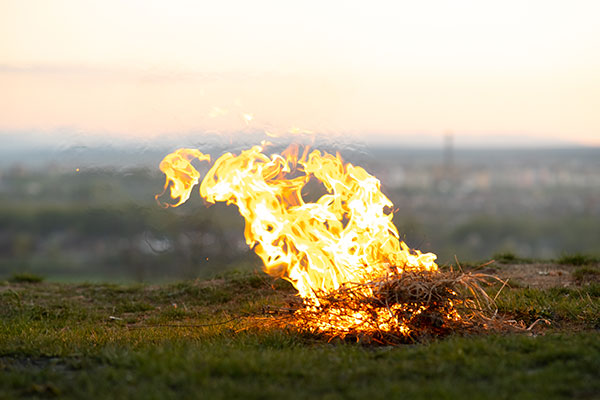Discover the key regulations that impact our community’s safety and environment.
Open burning can have serious implications for safety and the environment. It is essential to know the local regulations that govern this practice. Our guidelines outline the legal requirements and necessary safety measures to ensure compliance. We’re committed to educating the community on responsible burning techniques that protect both people and nature.

These items are prohibited in all fires and Open Burning Permits WILL NOT be issued:
Contact Fire Marshal Greg Becker at 970-339-3920 x205 or gbecker@evansfiredistrict.org
Open burning, recreational fires and use of portable outdoor fireplaces should be constantly attended until the fire is extinguished. A fire extinguisher or other approved on-site fire-extinguishing equipment, such as dirt, sand, water barrel, garden hose or water truck, should be available near any burning for immediate use.
Fire District representatives may order any fire to be extinguished based on current conditions. Any allowable burning (permit required or not) that becomes offensive or objectionable because of smoke emissions or when conditions or local circumstances make the fire hazardous, will be prohibited.
For more details, you can contact your local fire department or environmental agency. They can provide specific guidelines and answer any lingering questions.